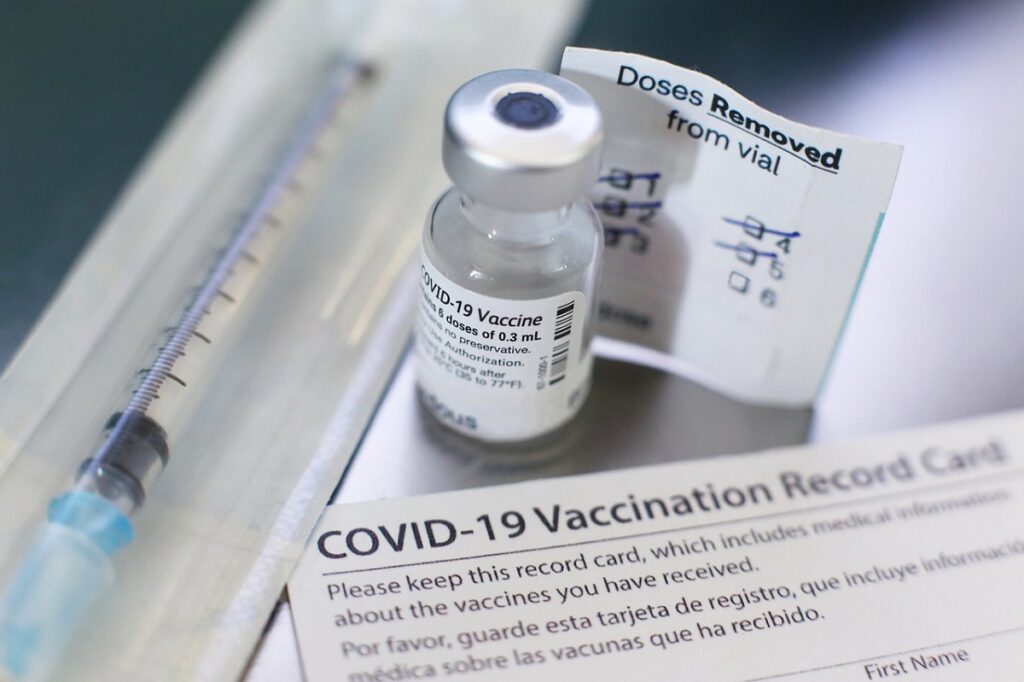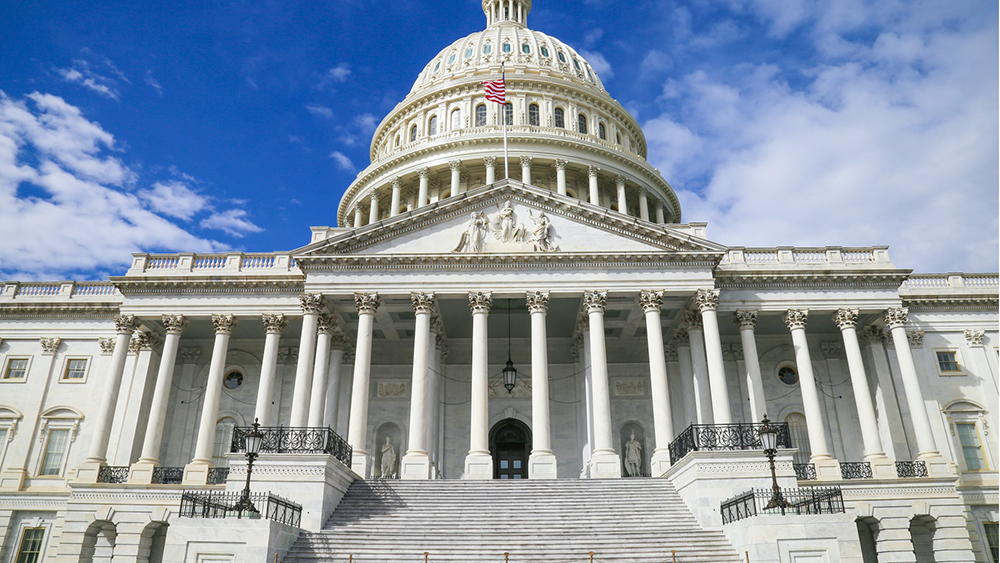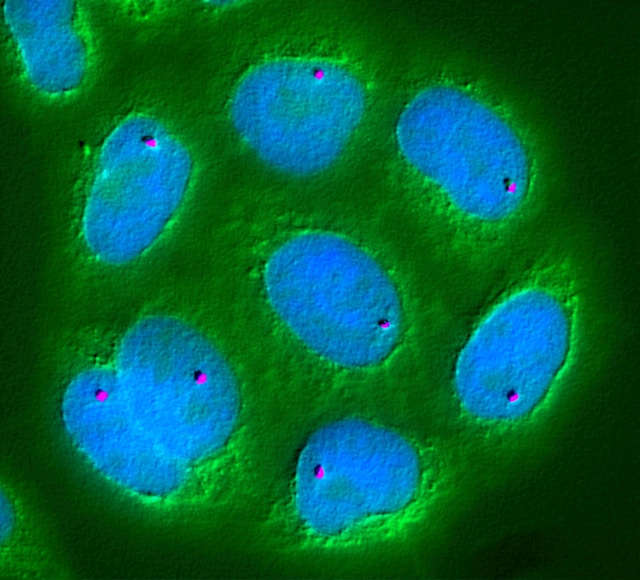COVID-19 vaccines can be a big help to cancer patients and others with immunocompromised conditions.
During the initial rollout of the COVID-19 vaccine, under its emergency use authorization, Phase 3 trials had not included the immunocompromised patient population. The concern was that immunosuppression would make patients more susceptible to contracting COVID-19. If so, would they be able to mount an appropriate immune response to defend themselves?
Over the course of the last few years, however, interest has been growing regarding the ability of cancer patients to maintain enough protection while exhibiting limited to no response from the vaccine.
Recommendations for the COVID-19 vaccine for moderate or severely compromised patients have been formalized by the Centers for Disease Control and Prevention (CDC).
The COVID-19 vaccine offers a variety of benefits for patient populations struggling with unique health challenges, including those with cancer.
Top five benefits of the COVID-19 vaccine for cancer patients
1. Enhanced immune response
The COVID-19 vaccine can stimulate an immune response in a healthy individual. Even though a cancer patient undergoing treatment may only exhibit a partial response, the vaccine has the ability to provide the necessary protection against the virus, according to a study that included a phase 1 clinical trial.
2. Protection during treatment
Chemotherapy and radiation take their toll on the immune system, especially given patients may undergo a number of cycles. The vaccine given before or between treatment cycles increases protection during times when the patient is most vulnerable, the European Society for Medical Oncology reported.
3. Reduced transmission risk
A cancer patient undergoing treatment may have a weakened immune system, which would put them at a higher risk for contracting COVID-19.
Additionally, those cancer patients who choose to be vaccinated are less likely to transmit COVID-19 to others. While hospitalized, this subset of patients is especially vulnerable and susceptible to a revolving group of medical staff. The vaccine protects the patient and their caregivers from transmission, researchers found.
4. Reduced risk of severe illness
Contracting COVID-19 would place a cancer patient at increased risk for repeated medical interventions, severe illness necessitating hospitalization, and death. The vaccine reduces the likelihood of potential complications, according to the National Cancer Institute.
5. Alleviating psychological burden
Cancer patients, and their families, already face a significant emotional burden from diagnosis through the span of treatment. The pandemic magnified the challenges surrounding their new world of isolation and lack of control.
Vaccination brings a sense of empowerment and allows the patient to contribute to their own care and well-being, a group of researchers from Italy showed.




